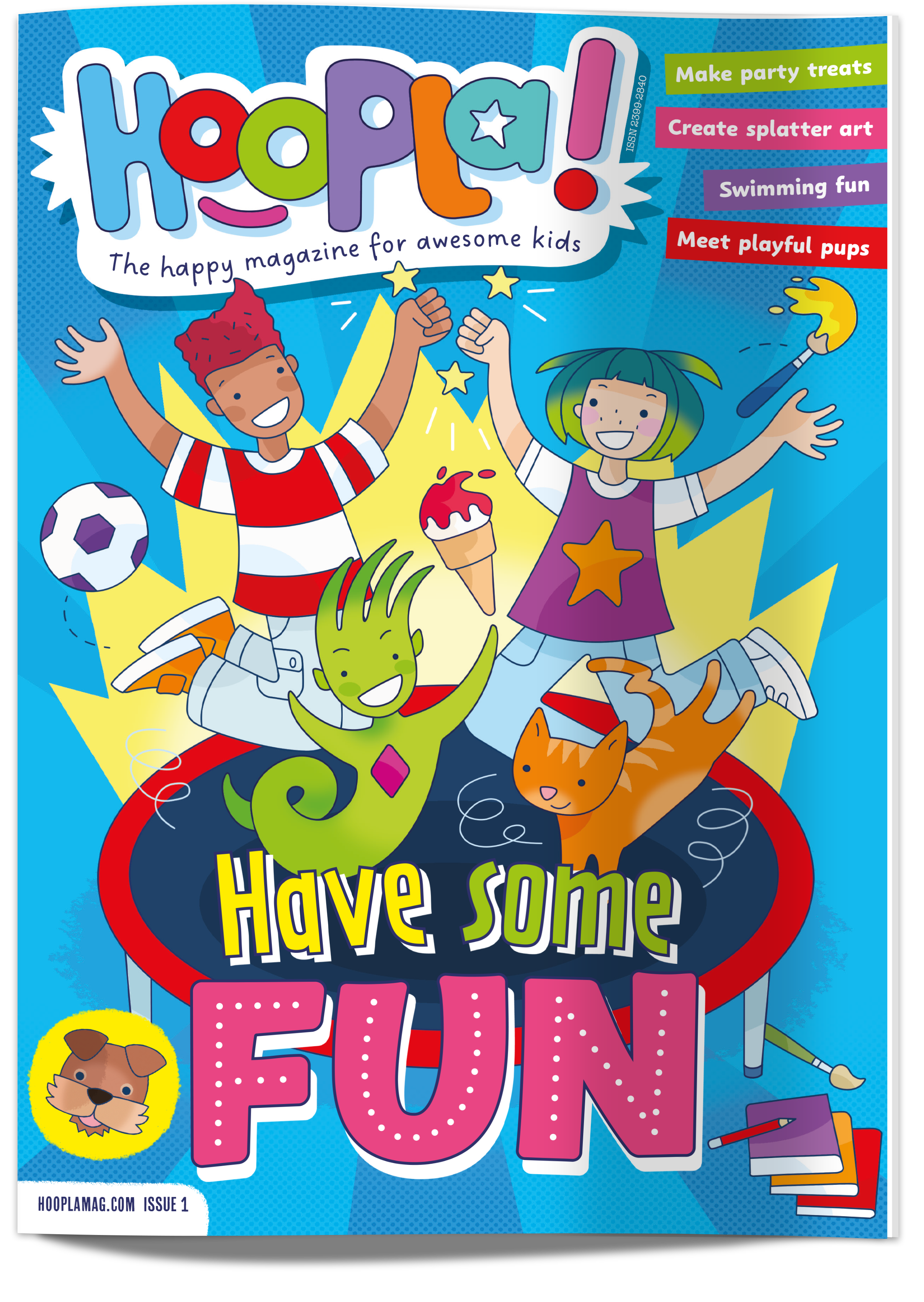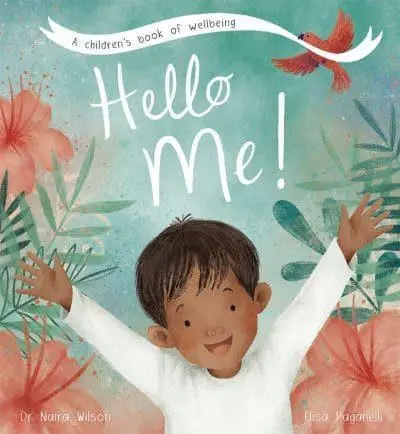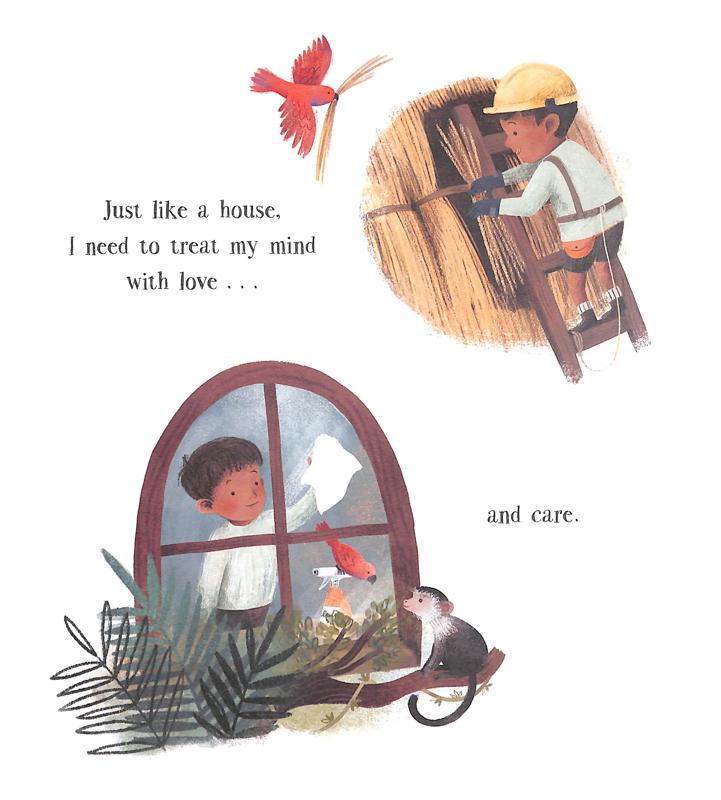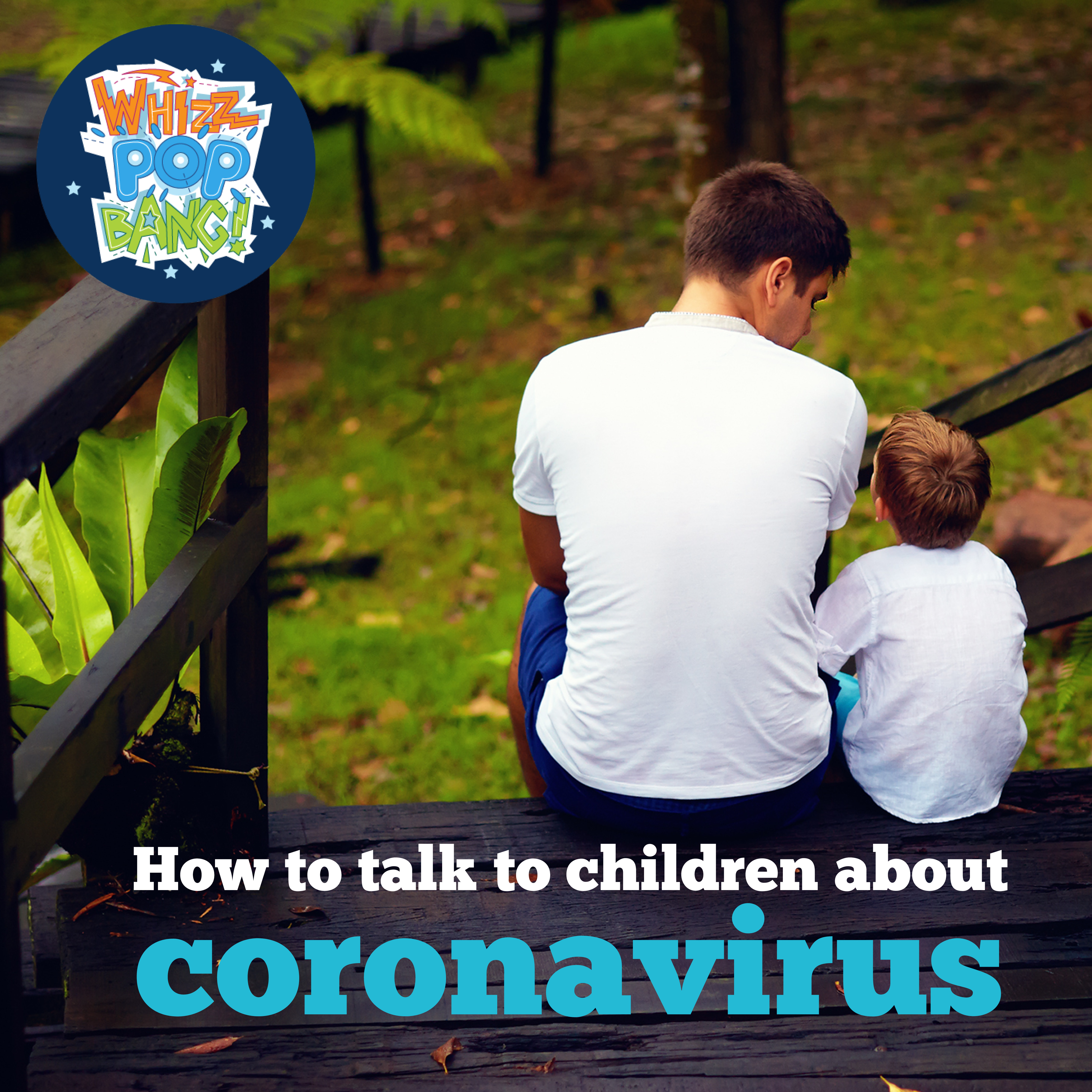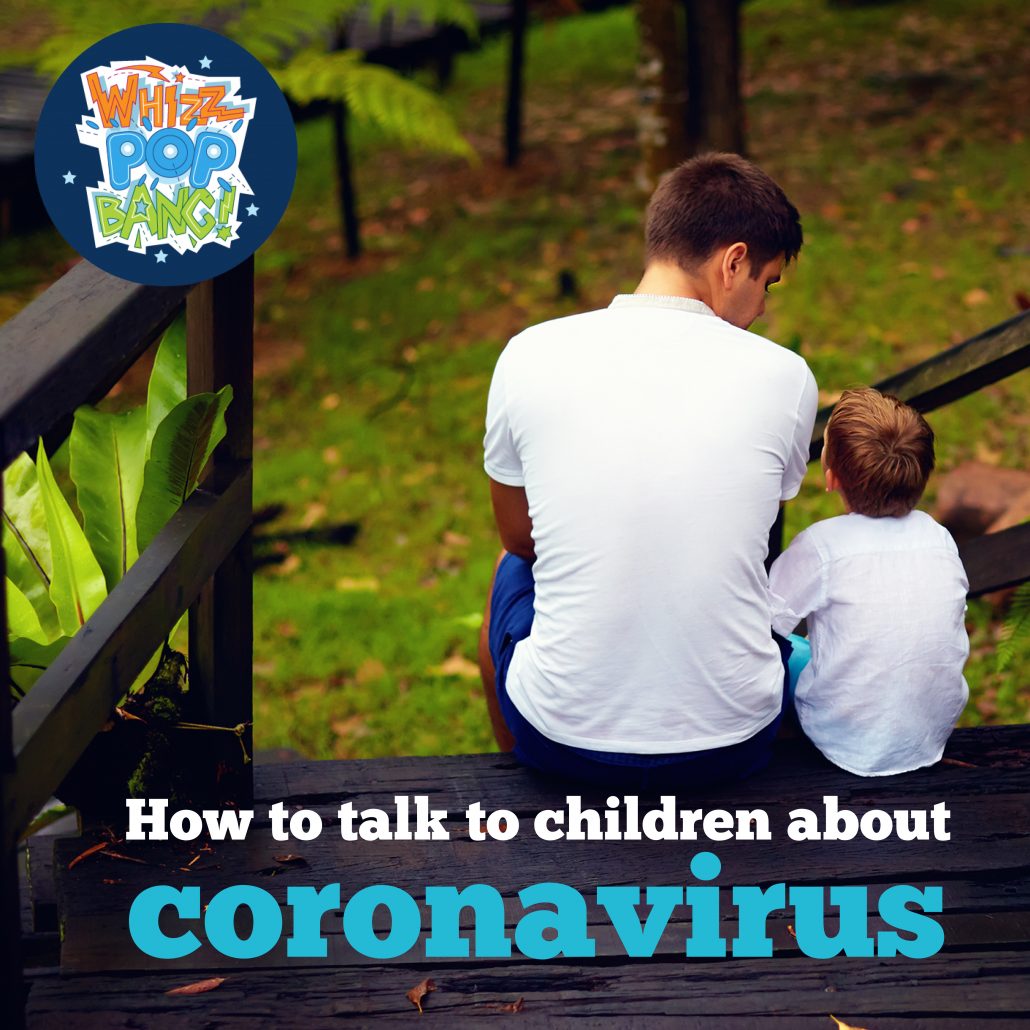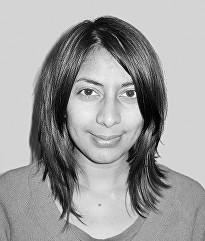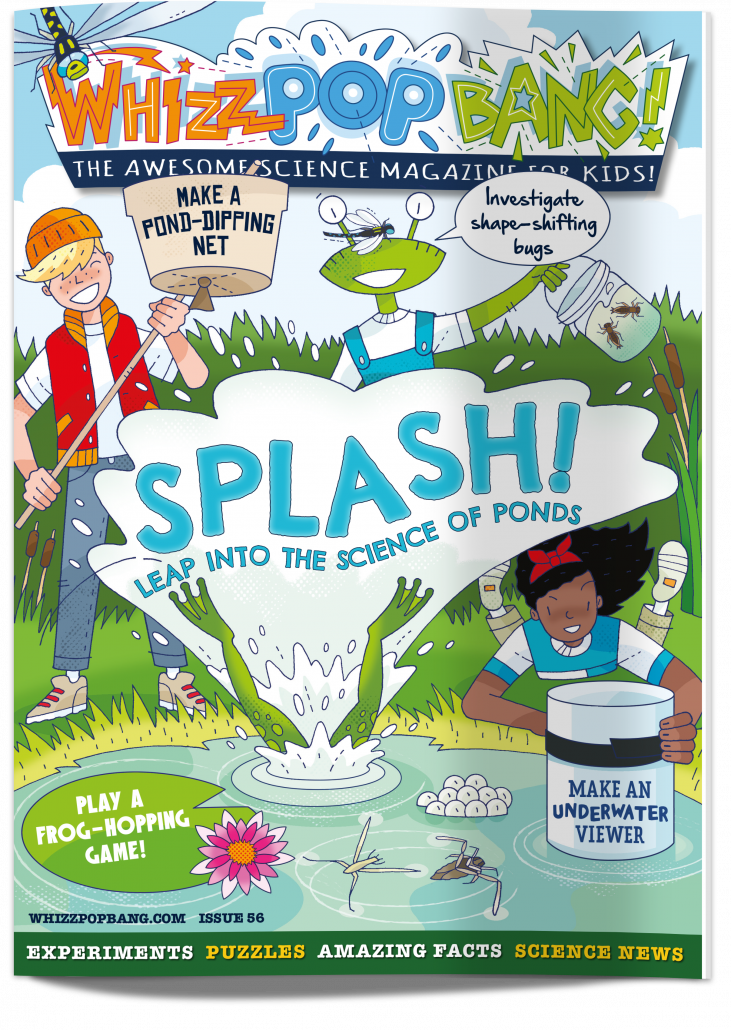Hoopla is a new magazine to help support the emotional wellbeing of children aged 5 to 10, full of fun activities, jokes and good news!
In a world where our children are growing up faster than ever before, where they face the pull of screen time, societal pressures to excel at school, to fit in with their peers, to be a certain body shape and to look a certain way, it’s easy to see how kids can sometimes feel overwhelmed.
It’s no wonder an ever-growing proportion of young children are facing mental health problems from an early age.
A magazine to help keep children carefree, playful and happy…
Hoopla magazine gives kids aged 5 to 10 a breathing space. A space to be who they want to be, to explore new ideas, to challenge their brains, and to try fun activities that foster happiness and wellbeing.
Hoopla magazine supports children’s wellbeing and mental health… Help us to launch this happy magazine for awesome kids everywhere!
We know there is a need for a magazine like Hoopla, so we have launched a crowdfunding campaign to get it written, design, printed and into the hands of children like yours. Head to our Kickstarter page now to find out which amazing rewards are still available. The early bird discounted subscriptions are going fast!
Hoopla is a 36-page magazine, packed full of fun ideas for off-screen activities to try at home, along with exciting articles to stimulate children’s expanding brains. Hoopla helps to keep kids happy, playful and curious. It’s a real physical magazine that arrives especially for them through the letterbox each month – a dose of happiness delivered straight into their hands each month!
Hoopla is the happy magazine for all children who want to have fun! 😁
What’s inside Hoopla magazine?
There’ll be a new topic each month and each edition will feature sections on art, nature, science and cooking, as well as emotions and critical thinking.
The first edition of Hoopla is all about having fun! It will get kids thinking… What does it mean to have fun? Would it be enjoyable to have fun all the time? How do you and your family have fun? Plus, there’ll be loads of fun activities to try at home!
Future editions will cover a wide range of topics, from dinosaurs and detectives to ancient Egypt.
The 36 pages will be packed full of ideas to keep kids happily engaged, such as outdoor activities, art projects and fun science experiments.
There’ll be a good news section as well as journalling pages to encourage boys and girls to write or draw their thoughts, feelings and experiences. There’ll also be stories, puzzles, jokes and riddles to keep young minds challenged and active.
Each magazine is lovingly illustrated by awesome illustrator Clive Goodyer with fun-loving characters that help to bring the magazine to life.

Happy, healthy minds
Dr Naira Wilson, a clinical psychologist specialising in childhood mental health and author of children’s books supporting emotional wellbeing, will be Hoopla’s expert adviser. Hoopla will promote ideas that engage children in activities that support their wellbeing, without being prescriptive or pushy.
Beam a ray of happiness to your child each month with Hoopla magazine!
Helping others
We’re committed to helping as many children as possible, which is why we’ll be supporting children’s charity ‘Place2Be’. This well-established charity partners with schools all over the country to supply trained councillors for one-to-one and group counselling so that children of all ages have someone to turn to.
So a subscription to Hoopla doesn’t just support your child’s happiness, it also supports the wellbeing of thousands more children.

Who are we?
I’m Jenny Inglis, a mother of three and for a time I was fostered as a child. I have also had experience of being a foster parent too. I am therefore personally very aware of the experiences of childhood mental health struggles and the importance of children’s wellbeing and happiness. It is for those reasons that I’m hoping to launch a new happy magazine for children. ‘Hoopla’ will help to promote self-acceptance, positive mental attitudes and enjoyment of all aspects of childhood life.
For the last nine years I’ve been running an equally awesome magazine for kids called Whizz Pop Bang – it’s an award-winning magazine that brings science to life for girls and boys aged 6 to 12. I started Whizz Pop Bang from a Kickstarter campaign in 2015 and it’s been a roaring success ever since!

With the help of my fabulous team of Whizz Pop Bang writers, illustrators, designers and customer service super stars, we’re ridiculously excited to be bringing this second magazine to life!

